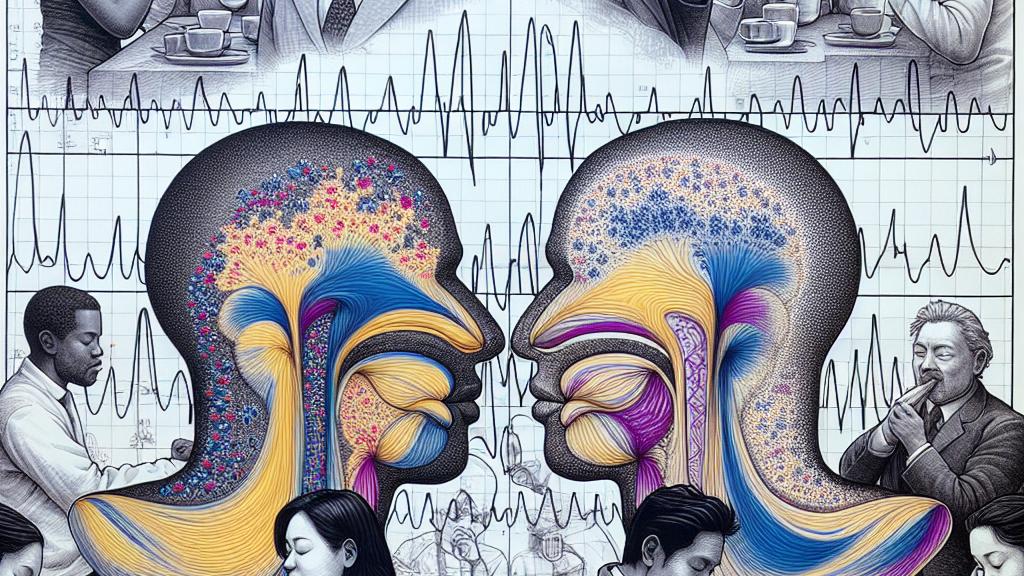Impact of Sense of Smell on Breathing and Health
Overview
- Research highlights remarkable differences in breathing between those with and without a sense of smell.
- Losing the sense of smell can lead to serious health risks, significantly affecting both physical and mental well-being.
- Understanding olfactory functions could unlock new methods for health monitoring and proactive interventions.

Breathing Patterns and Olfactory Function
Groundbreaking research, conducted by a dedicated team at the Weizmann Institute in Israel, has uncovered the intriguing interplay between our sense of smell and how we breathe. In the study, participants were observed during regular activities—such as sharing meals and engaging in conversation—while their nasal airflow was carefully measured. The findings were nothing short of fascinating. For instance, individuals who could smell demonstrated intricate breathing patterns, including multiple small resistances, with an astonishing 240 peaks in their airflow recorded every hour! In stark contrast, those who had lost their sense of smell exhibited a continuous and more monotonous airflow. This stark difference underscores the crucial role that olfactory senses play not just in identifying scents but also in regulating respiratory functions, profoundly impacting overall health.
Health Implications of Smell Loss
The ripple effects of losing one’s sense of smell extend far deeper than merely missing out on delightful fragrances; they expose individuals to significant health risks. Recent studies have shown startling statistics, revealing that older adults without a sense of smell face a mortality risk that is three times higher compared to their smelling counterparts. Moreover, the COVID-19 pandemic starkly highlighted these concerns, as many individuals reported a distressing loss of olfactory function. Not only is this an inconvenience, but it can also lead to worsened cognitive outcomes; research indicates a correlation between the loss of smell and an increase in mental health issues. Such compelling evidence urges further exploration into how olfactory dysfunction affects overall psychological health and quality of life, marking it as a vital area for continued research and intervention strategies.
Future Directions in Olfactory Research
Looking toward the future, the field of olfactory research is brimming with potential, particularly in the development of artificial olfactory sensors. These innovative devices are designed to mimic human scent detection capabilities, which could have transformative impacts across various sectors—ranging from healthcare to food safety. Just picture this: sensors that continuously monitor air quality to ensure safety, or devices that assess the freshness of groceries, alerting consumers to potential spoilage! Furthermore, ongoing exploration into how our brains interpret odors may reveal profound connections to both memory and emotional well-being. By unraveling these complex relationships, we are not only enhancing our understanding of human cognition but also paving the way for significant advancements in public health frameworks, ultimately improving the quality of life for countless individuals.

Loading...